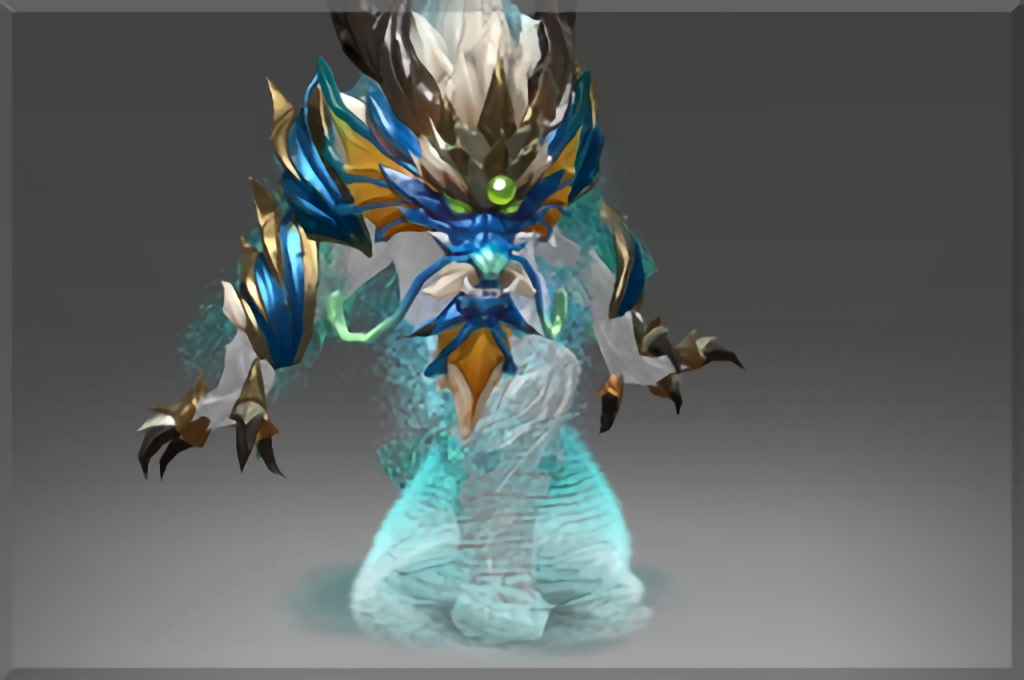In the ever-evolving landscape of competitive gaming, where new titles constantly vie for attention, the resilience of veterans like *Dota 2* is a subject of continuous fascination. Recently, the game witnessed an intriguing paradox: a noticeable uptick in its online player count, even after the release of what many considered a rather lackluster Compendium for The International 2025 (TI2025). This counter-intuitive trend sparked discussion, and one prominent figure, streamer Alexander “Nix” Levin, offered a compelling explanation rooted in the subtle yet powerful force of **”gaming inertia.”**
The Compendium Conundrum and Nix`s Insight
The lead-up to The International, *Dota 2*`s crowning annual esports event, is traditionally marked by the release of a Battle Pass or Compendium – a digital trove of cosmetic items, challenges, and features designed to engage the player base and fund the tournament`s prize pool. For TI2025, the community`s reaction was, to put it mildly, underwhelmed. Criticisms ranged from perceived scarcity of high-value rewards to a general lack of innovation.
Yet, against this backdrop of disappointment, player numbers climbed. Nix, known for his candid commentary, attributed this surge not to the Compendium`s inherent appeal, but to a deeper psychological current. He posited that players are largely driven by:
“People have inertia. After all, it`s The International, and even if it`s just some small freebies, it`s obvious [they`ll play]. You have to understand, Dota 2 has enormous inertia. The game was one of the most popular in the world for a very long time… People will still play by inertia for a very long time.”
Understanding Gaming Inertia: The Comfort of the Familiar
“Inertia” in this context refers to the inherent human tendency to continue an activity, especially a long-standing habit, due to the established momentum and the resistance to change. For a game like *Dota 2*, which has captivated millions for over a decade, this inertia is a potent force. It`s not merely about mechanical skill or strategy; it`s about deeply ingrained patterns of behavior:
- **Muscle Memory and Mastery:** Years of play build an intimate familiarity with heroes, items, and map dynamics. Switching to a new game often means sacrificing this hard-won expertise, a daunting prospect for many.
- **Social Networks:** *Dota 2* is inherently social. Friends play together, guilds form, and communities thrive. Abandoning the game means potentially leaving behind these established social connections, or at least disrupting them.
- **Emotional Investment:** Beyond the gameplay, there`s a significant emotional investment. Memories of epic comebacks, thrilling tournament moments, and personal achievements create a bond that`s hard to sever.
- **The “Comfort Zone” Effect:** As Nix shrewdly observed, people often prefer the “old heated, farted-on chair” to the stress and uncertainty of a new one. The known entity, even with its flaws, feels safer and more comfortable than the unknown. This psychological aversion to the new is a powerful deterrent to switching games.
The International: An Annual Gravity Well
Even with a “weak” Compendium, The International itself acts as a massive annual gravity well. It`s not just a tournament; it`s a celebration, a spectacle, and a focal point for the entire *Dota 2* ecosystem. Regardless of the Compendium`s allure, the sheer presence of TI draws players back:
- **Spectatorship Engagement:** Watching professional play often inspires casual players to jump back in and try to emulate their heroes.
- **Community Excitement:** The global buzz surrounding TI is infectious, reminding players of the game`s grandeur and its place in esports history.
- **Minimum Interaction, Maximum Retention:** Even if the Compendium offers only “some freebies,” it provides a tangible reason for players to log in, interact with the game, and perhaps, just perhaps, get pulled back into the routine.
Beyond Dota 2: A Universal Principle?
Nix’s observation isn`t exclusive to *Dota 2*. He cited the example of players still engaging with the original *Dota* on platforms like iCCup, long after its successor`s dominance, purely out of habit. The phenomenon extends to other legendary titles; one only needs to look at the dedicated communities still active in *Counter-Strike 1.6* despite the advent of *CS:GO* and now *CS2*. It`s a testament to the enduring power of legacy, community, and the human preference for the familiar.
While developers constantly innovate and strive for the next big hit, the tale of *Dota 2*`s player surge serves as a stark reminder: building a monumental game isn`t just about cutting-edge graphics or revolutionary mechanics. It`s also about cultivating a loyal, habit-driven community whose collective inertia can keep a game thriving, even when expectations for new content aren`t fully met. The chair might be old and slightly worn, but for millions, it`s home.

